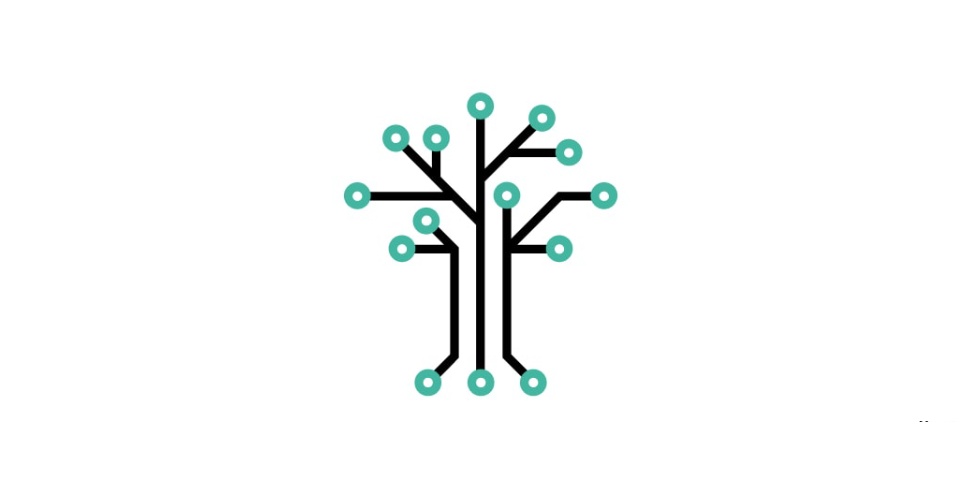Switzerland has adopted the Open Source Law (EMBAG): A legal milestone, which requires the disclosure of the source code of public sector software.
This legislative shift, championed by key figures such as Professor Dr. Matthias Stürmer, head of the Institute for Public Sector Transformation at the Bern University of Applied Sciences, signifies a paradigm shift in how governmental software development and procurement are approached.
“Switzerland’s new ‘public money public code’ law is a great opportunity for government, the IT industry and society. All stakeholders benefit from this new regulation since the public sector can reduce vendor lock-in, companies can grow their digital business solutions, and taxpayers spend less on IT solutions and receive better services due to increased competition and innovation.” Professor Dr. Matthias Stürmer
Professor Dr. Matthias Stürmer has been a pivotal advocate for this change. With a background in digital sustainability and open source community building, Stürmer has long argued for the benefits of OSS in enhancing digital transparency and reducing dependency on proprietary software. His involvement in various capacities, including his role at the Research Center for Digital Sustainability and as president of the open source association CH Open.
The EMBAG law stipulates that all public bodies must disclose the source code of software developed by or for them, unless precluded by third-party rights or security concerns. This mandate aims to ensure greater transparency, security, and efficiency in government operations by promoting the use of OSS, which allows for public scrutiny and contribution to the software code.
One of the critical aspects of this law is encapsulated in Article 9, which not only mandates the disclosure of source code but also allows public bodies to offer additional services related to support, integration, or IT security, provided these services align with public tasks and are offered at a cost-covering remuneration. This provision ensures that while fostering OSS, the government can also maintain a competitive balance and avoid market distortion.
The journey to this legislative milestone was not without its challenges. The concept of making OSS mandatory in the public sector was initially met with resistance. Key stakeholders, including members of the Swiss Parliament and various governmental bodies, engaged in extensive debates. Concerns ranged from potential intellectual property issues to fears of compromising security. However, through persistent lobbying and advocacy, notably by the Parliamentarian Group for Digital Sustainability (Parldigi), a consensus was reached, leading to the final compromise that forms the current EMBAG law.
The implementation of EMBAG is expected to serve as a model for other countries considering similar measures. The law aims to promote digital sovereignty and encourage innovation and collaboration within the public sector. As Switzerland adopts this approach, the benefits of open source software—greater security, cost efficiency, and enhanced public trust—may become more apparent.
Useful links:
-
Digital Public Goods
-
Digital/internet commons (EU)
-
Digital technologies in Civic Tech and GovTech
-
Civic Tech and Civil Society
-
Public sector. Open Source Solutions
-
Civic technology. Open Source Solutions
Source:


